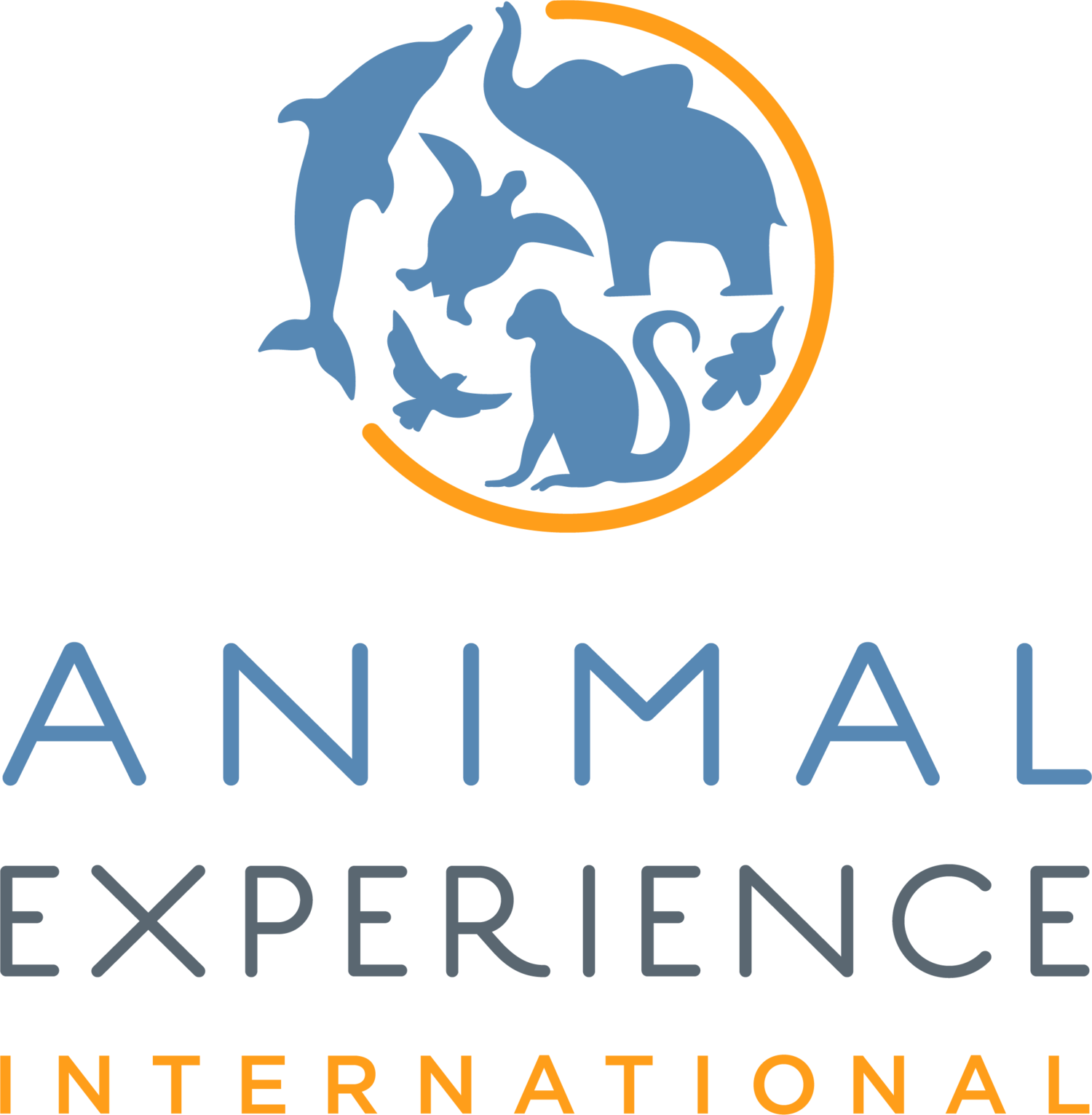How you can make good choices about animals you interact with while on vacation. A series brought to you by animal and travel experts! A series by Hannah Fowler, AEI Social Intern.
In today’s hyper-documented travel culture, animal encounters have become a prized feature on many tourists’ bucket lists, and a must have photo opp for their instagram. Riding an elephant through a jungle, cuddling a lion cub, or snapping a tiger selfie might seem like once-in-a-lifetime experiences, but behind these picture-perfect moments often lies cruelty, exploitation, and deep psychological harm to wild animals.
Let’s start with lion cub encounters. Many wildlife parks offer tourists the opportunity to pet or bottle-feed baby lions, promoting these experiences as educational or conservation-focused. But what they don't tell you is this: those cubs were taken from their mothers just days or weeks after birth. The separation is heartbreaking for both the cub and the mother. To keep the cubs docile and photo-ready, they’re often subjected to unnatural handling and continuous human interaction, leading to stress, anxiety, and long-term behavioral issues.
As they grow, these lions are moved into “walking with lions” attractions, where tourists stroll alongside these powerful predators. In the wild, they roam vast territories and live in complex social structures. In captivity, they’re denied space, freedom, and any semblance of a natural life. Many are drugged or even declawed and defanged to make them “safe” for tourists — brutal practices that cause permanent pain and disfigurement.


